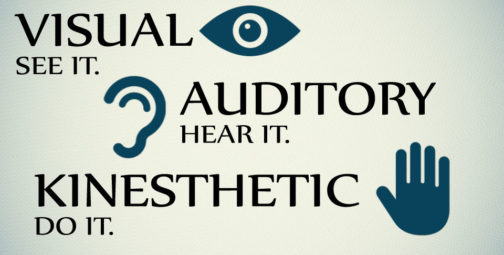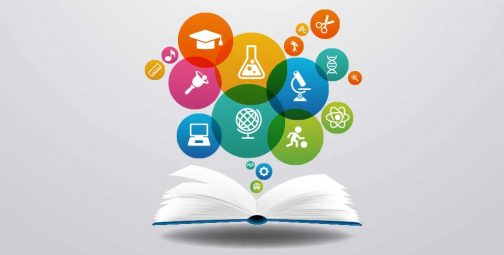Category: BRAIN SCIENCE
For over 30 years, Trainers Warehouse has sold tools and resources to promote active, brain-based learning. Trainers frequently ask us how they can get buy-in from managers. Facilitators of learning view games and fidgets as important tools of their trade, but managers sometimes see them only as “toys.” As such, we’re on the lookout for brain science research that supports the learning theory and applies the neuroscience of learning.
Doodling Works – with Sunni Brown
I was so happy to come across this great TED talk where Sunni Brown talks about the misconceptions and benefits of doodling. It’s under 6 minutes and worth the watch! Read More Research Shows Doodling is approved!... Read MoreMulti-tasking vs. Juggling at Work
This Fast Company article makes a great point about how multi-tasking does not necessarily make us more productive. Likely, it’s just the opposite. Doing two things at once, like singing while you take a shower, is not the same as instant messaging while writing a research report. Don’... Read MoreThe Myth of Learning Style
Neil Fleming’s “VARK” model, in which he splits learners into categories based on learning style of Visual, Aural, Reading/Writing, and Kinesthetic, has caused quite a controversy. Critics say it’s impossible to classify learners this way and you shouldn’t change your t... Read MoreActive Learning – data says it works
I’ve been making a special effort to support the claims of the headers in our Trainers Warehouse catalogs–claims such as “active learning enhances understanding.” In fact, I spent hours yesterday, culling through research and articles to locate original sources and sound data... Read MoreA Vision of Student Life Today
I love this video by the students at Kansas State University. While it was produce many years ago, the increase in online learning makes it especially poignant. How does technology engage, enable, and distract us young people from life? What does student life even look like these days?... Read MoreGive ’em a break
I know you’re reluctant to take a break because you have too little time to get through all the material you need to cover. I’ve been there too. However, all of the research (referenced below) points to the same conclusion — your group will actually retain more if you do take a b... Read MoreMaking dry topics engaging
These tips were drawn from a number of LinkedIN discussions, focusing on how to make dry topics (accounting, insurance, technical training, etc.) more interesting. Perhaps the ideas listed here will get your creative juices flowing. 1. Your enthusiasm is contagious If you’re not excited about ... Read MoreMaslow’s Hierarchy and Meeting Learners’ Basic Needs
In his 1943 paper, A Theory of Human Motivation, psychologist Abraham Maslow , [2] proposed the idea that a person’s most basic needs must be satisfied before higher order needs can be addressed. The needs he identified are: Physiological – includes air, food, water, sex, sleep, other factors to... Read MoreResearch shows: Clickers improve attentiveness
In a study done at four University of Wisconsin campuses (University of Wisconsin–Milwaukee, University of Wisconsin–Eau Claire, University of Wisconsin–Oshkosh, and University of Wisconsin–Whitewater), faculty members and students in courses using clickers were given a survey that assessed ... Read MoreWait! Slow down.
Don’t be too quick to call on the first hand that goes up. By doing so, you signal to other students that they should stop thinking of an answer. Experts suggest that you extend your wait time to 5 to 10 seconds! This assertion is supported in several research reports, including: Journal of Re... Read MoreThe Neuroscience of Learning
Through brain science research, we've learned more about the parts of the brain and how they work together to help us understand and retain new information. We understand, for instance, that:- Greater engagement leads to deeper learning. And, the more areas of the brain that are in use, the more memorable the learning episode.
- Focus decreases during longer learning segments.
- Visual images, mnemonics, and metaphors help our brains organize information.
- Endorphins create feelings of euphoria and activate our frontal lobes, the part of the brain responsible for learning.
- Cortisol, the stress hormone, inhibits memory and attention.











